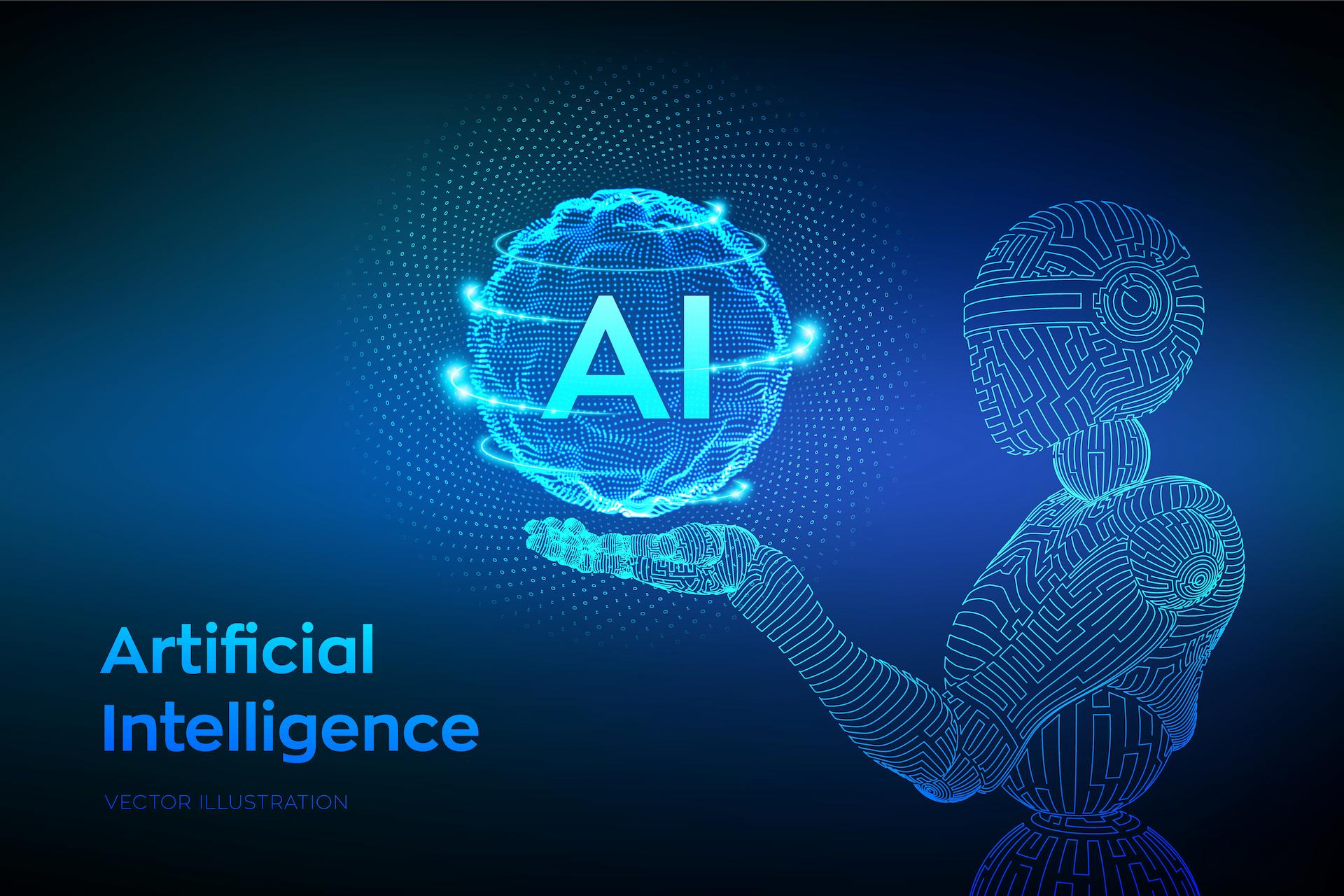
In the vast landscape of academic research, the literature review stands as a critical phase, providing a foundation for understanding existing knowledge and identifying gaps. As the volume of scholarly work continues to grow, researchers are turning to Artificial Intelligence (AI) to streamline and enhance the literature review process. In this exploration, we'll delve into the ways AI can be a powerful ally, supporting researchers in the journey of synthesizing and understanding existing literature.
Automating Literature Search
- Smart Search Algorithms:
AI-powered literature review tools employ advanced search algorithms that go beyond basic keyword matching. These algorithms analyze context, semantics, and relevancy, delivering more accurate and comprehensive search results.
- Semantic Search and Natural Language Processing (NLP):
Harnessing the capabilities of NLP, AI systems can understand the context and meaning behind words, enabling more nuanced and context-aware searches. This ensures that researchers retrieve relevant literature even when using diverse or complex search terms.
Organizing and Analyzing Information
- Content Summarization:
AI-driven summarization tools can condense lengthy research articles into concise summaries, saving researchers valuable time. These summaries provide an overview of key findings, methodologies, and conclusions.
- Entity Recognition:
AI excels at identifying and categorizing entities within texts. In the context of literature review, this means automatic recognition of key concepts, authors, methodologies, and other relevant entities, facilitating efficient information organization.
- Topic Modeling:
Employing topic modeling algorithms, AI can cluster articles into topics and themes, aiding researchers in identifying prevalent trends and patterns within a body of literature.
Keeping Up-to-Date
- Automated Alerts and Updates:
AI-powered systems can monitor academic databases and journals, sending automated alerts to researchers when new publications relevant to their field are available. This ensures that literature reviews remain current and reflective of the latest research.
- Continuous Learning Algorithms:
AI can adapt to researchers' preferences and feedback over time, refining search results and recommendations based on past interactions. This iterative learning process enhances the system's ability to cater to individual research needs.
Collaborative Research
- Collaborative Filtering:
AI can facilitate collaboration by employing collaborative filtering techniques to recommend relevant literature based on the preferences and interests of researchers within a specific field or community.
- Shared Knowledge Repositories:
AI-powered platforms can serve as shared knowledge repositories, allowing researchers to contribute annotations, comments, and insights to articles. This collaborative approach fosters a sense of community and collective learning.
Challenges and Ethical Considerations
- Guarding Against Bias:
AI systems must be designed with care to avoid reinforcing existing biases present in academic literature. Researchers should be vigilant in critically evaluating the recommendations provided by AI to ensure a balanced and unbiased perspective.
- Privacy and Data Security:
As researchers leverage AI tools, it's crucial to consider the privacy and security of sensitive information. Adhering to ethical guidelines and ensuring data protection measures are in place is paramount.
Conclusion
In the dynamic landscape of academic research, AI emerges as a valuable companion, assisting researchers in navigating the vast sea of knowledge. From refining search results to automating alerts, the integration of AI in literature review processes enhances efficiency, accuracy, and collaboration. As researchers embrace these AI-powered tools, they embark on a journey that not only streamlines their work but also opens new avenues for discovery and innovation. The future of literature review is evolving, and with AI at the helm, researchers are poised to explore uncharted territories with newfound ease and efficiency

No comments yet